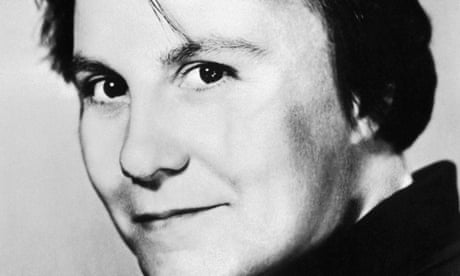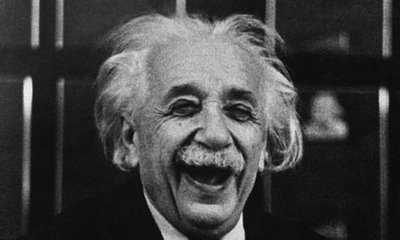I have a fundamental belief that each of us is a unique creation with strengths and weaknesses that equip us for our individual mission in this life. I have struggled so much with the idea of “learning disabilities” because I feel a hyper-focus on a person’s weaknesses can overshadow the development of that person’s gifts.
It makes sense to me that the human species benefits from the fact that no two humans are the same. Some people are strong. Some are fast. Some are amazing artists. Some are compassionate healers. Some are great engineers. Few people are all of those things.
Neurodiversity, that is the differences between our brains that make it easier for one person to learn math and for another to learn to read, is an evolutionary benefit for us humans. It allows us to excel at group problem solving. Because we each have a unique brain, we each have a unique way of approaching a problem and unique abilities to use in solving a problem. It’s this great diversity of brains that has allowed humans to produce electricity, build skyscrapers, write life-transforming literature, create heart-breaking works of art, create the internet, and use the internet for an unbelievably diverse multitude of functions.

Our society has come to worship at the altar of literacy. It is the one thing we must all master and love. Don’t get me wrong, I love reading and writing. I’m a reader. And a writer. I believe the ability to read well and write competently are skills that every person must acquire to live a constructive and fulfilling life in our society.
I also believe that the over attention given to these pursuits is damaging to some children. The idea that every child should love reading and writing just doesn’t gel with me. While we agree that every adult should be able to perform basic math operations, we don’t insist that every child should love solving equations in their free time. Though there are certainly those who do.

So what does this mean if your child struggles to read? It means that you should help him learn to read! It also means that you shouldn’t force him to spend an inordinate amount of time struggling to read and write to the exclusion of pursuing and developing his natural gifts.
It means you should help your child see his great contribution to the neurodiversity of the amazing human race. Help him to see that he has unique strengths and weaknesses just like everyone else. Help him discover what his strengths are, and help him to flourish in those strengths. Help him to overcome his weaknesses so that they don’t interfere with the expression of his strengths. Whatever you do, don’t laser focus on his weaknesses and ignore his strengths.

There are ways of helping children who struggle to learn to read. We should continue to discover and employ these tools. But, and I know this is sacrilege in many circles, I don’t believe the ultimate goal is creating a child who loves to read. I believe the ultimate goal is a child who loves to learn, who knows and can express his gifts, and can employ reading and writing as tools toward that end.


